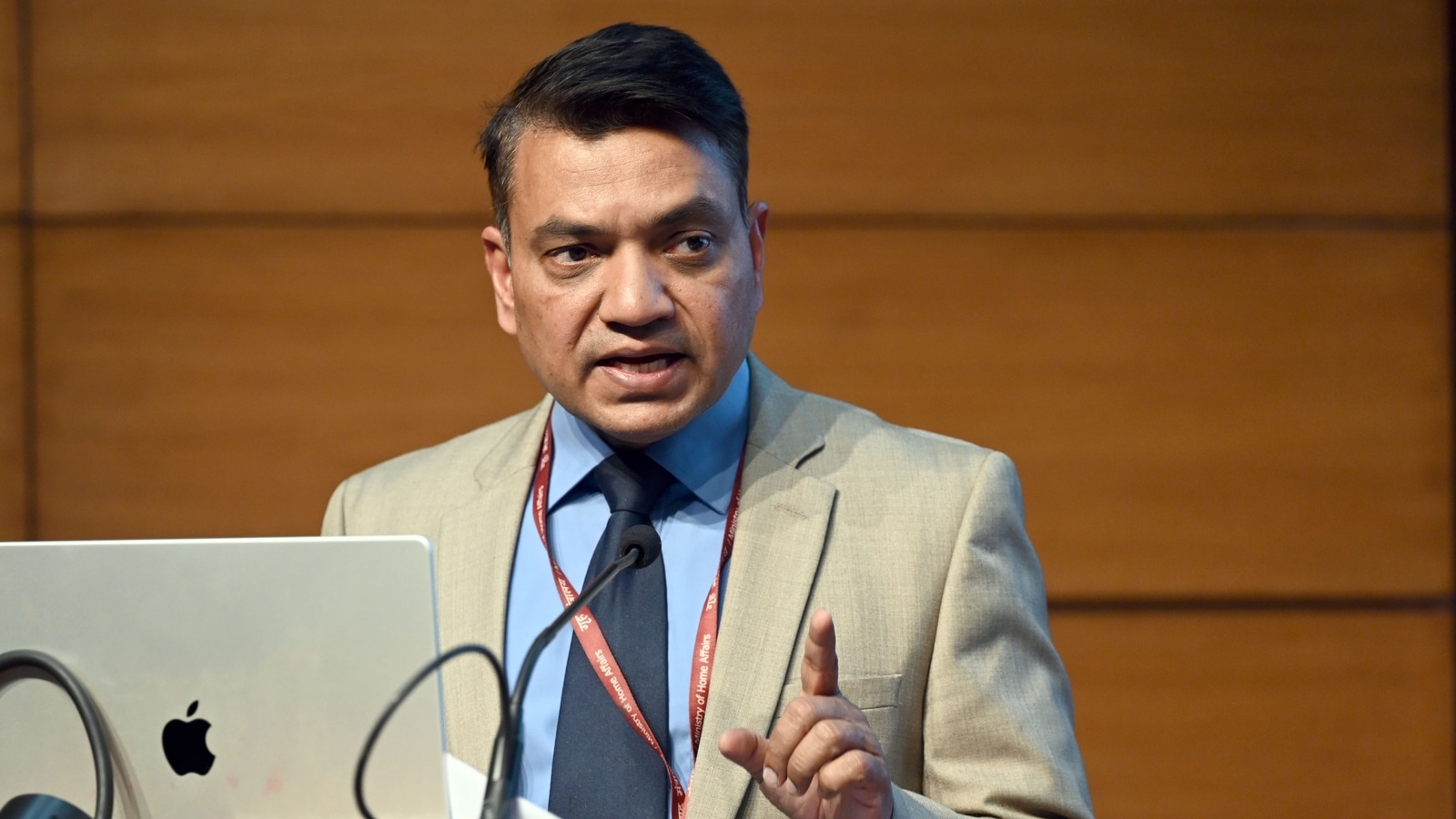In response to recent frauds via gaming apps, the cyber wing of the Ministry of Home Affairs (MHA) has issued a warning urging people to exercise caution when engaging in online gaming.
The Indian Cybercrime Coordination Centre (14C), operating under the MHA’s Cyber Wing, issued a cautionary message: “Play smart, play safe – stay secure while gaming online!”
The 14C wing through the message urged people to “download online apps only from authentic sources like Google Play Store, Apple Store and Official Websites.”
The 14C also advised to “always check game app publishers’ information in order to ensure website legitimacy.”
The cyber security wing warned to “never fell in the trap of game in-app purchase and lucrative subscription offers.”
It has suggested to exercise caution while “sharing personal information in chats or forums, as scammers can use social media tactics to manipulate players.”
“Allow only relevant and necessary permissions while downloading app,” it further recommended.
In case of online fraud, the I4C suggests to dial 1930–the cybercrime helpline number.
The Centre blocked a total of 581 apps till December 15 last year and out of these, there were 174 betting and gambling apps and 87 loan lending apps. These Apps were blocked by the Ministry of Electronics and Information Technology (MeitY) on recommendations of the MHA.
These apps were blocked under section 69A of the IT Act, 2000. These gaming applications included PUBG, GArena Free Fire.
Notably, in July last year, the Centre had amended the IGST Act, making it mandatory for all offshore gaming companies to be registered in India. Furthermore, the act also gave the Centre the power to block websites that are not registered and are violating laws.
The betting platforms were collecting UPI payments through proxy bank accounts and the amount accumulated in proxy accounts is being remitted through hawala, crypto and other illegal routes.
Apart from Mahadev, some of the apps that were banned include Parimatch, Fairplay, 1XBET, Lotus365, Dafabet and Betwaysatta. Many of these are on the banned list and some were operating illegally in India.
Recently, Union Home Minister Amit Shah also said that more than 500 Internet-based applications have been blocked on the recommendation of the I4C.
Shah had made the statement while reviewing the functioning of the I4C, along with Union Home Secretary Ajay Kumar Bhalla, and said that the Centre has prepared an analytical report of the modus operandi of the top 50 cyberattacks in the country.
The government has taken several initiatives for cyber security and in the coming days, nearly 70 per cent of the criminal justice system which includes prisons and courts, will be online, Shah added then.
More than 20 lakh cyber-crime complaints have been registered on the portal cybercrime.gov.in, based on which more than 40,000 FIRs have been registered, said Shah, adding “13 crore hits were registered on this portal since its launch in January 2020.”
As per a report collated by the 14C wing, on an average, more than 5,000 cybercrime complaints are registered per day.
The report mentioned the growth of 113.7 per cent cybercrime complaints from 2021 to 2022, and 60.9 per cent from 2022 to 2023.
Also read these top stories today:
AI Under Big Tech Control! Major technology companies pouring money into artificial intelligence could come to dominate the emerging technology, Aleph Alpha GmbH CEO Jonas Andrulis said. Dive in to know how that will pan out here. Found it interesting? Go on, and share it with everyone you know.
Top Tech Companies Bleeding Staff! A bunch of companies in the technology sector have been laying off some of their employees recently after quickly ramping up hiring during the COVID-19 pandemic while people spent more time and money online. Now, the firing has started. Know all about it here.
AI and its dangers! As in the rest of the world, both the wonders and absurdities of AI are increasingly visible in Latin America. The difference is that the region is among the world’s most unequal when it comes to not only income but also technology. The question for both corporations and regulators is how to use the rise of AI to narrow that divide. Check out what is happening here.






















